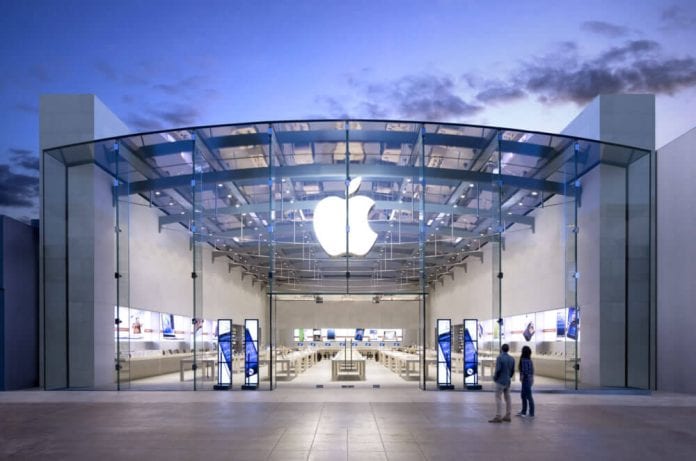People will have to wait a little more before an Apple Inc. (NASDAQ:AAPL) powered smart home materializes. The reason is the paucity of home automation devices that have compatibility with HomeKit, which is the system that lets smart gadgets to be effortlessly controlled utilizing a single app or through Siri voice command.
When Apple unveiled its HomeKit plan in 2014, Craig Federighi senior vice president of software engineering told that the organization was collaborating with the major home automation devices companies. He also displayed a slide with the names of over 15 manufacturers.
However as per Apple’s website, there are less than 20 accessories that function with HomeKit from just five manufacturers. The cause of presently so few compatible devices is because of Apple changing its security policy for home automated devices.
Earlier, Apple had planned to permit device producers to operate their own security solutions within people’s homes. However, the company changed its policy and is making it compulsory for manufacturers to integrate Apple approved chips and firmware into their products to be compatible with HomeKit.
While the alterations would boost security by managing things such as wireless communication and encryption on these devices it is posing problems to manufacturers as they need to redesign products which is costly and consumes a great deal of time.
Apple’s HomeKit plans are being affected by manufacturers’ reluctance to supply solutions which are efficient and secure for the modern interlinked age. Thus only a handful has been released so far.
Hewlett-Packard Company (NYSE:HPQ)’s Fortify says that a few concerns on an individual device can rapidly increase to 50 or 60 concerns given multiple IoT (Internet of Things) devices in an interconnected home or enterprise.
The issue is not only data security but also data privacy. HomeKit ensures data privacy by making it compulsory that all data from HomeKit products is routed through iCloud and has Apple ID to control it. In other words, manufacturers are denied access to private data.
Sources: computerworld, businessinsider









